PioSolver Course - Endboss Package
Everything you need to know about PIO-
No Previous Experience/Knowledge Required
-
Learn How to Use The Most Advanced and Powerful Features
-
6h of Material, inc feature guide, HH analysis
PLUS bonus Mental Game Series
Blockers in 20m
Learn when to make the big move-
Learn How Blockers Affect Your Folding, Calling and Bluffing Decisions
-
17 Rapid Fire HH analyses
-
Make Smarter Decisions, Play Better =>
Crush Your Opponents

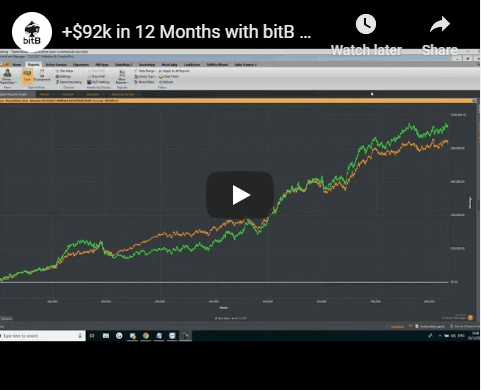
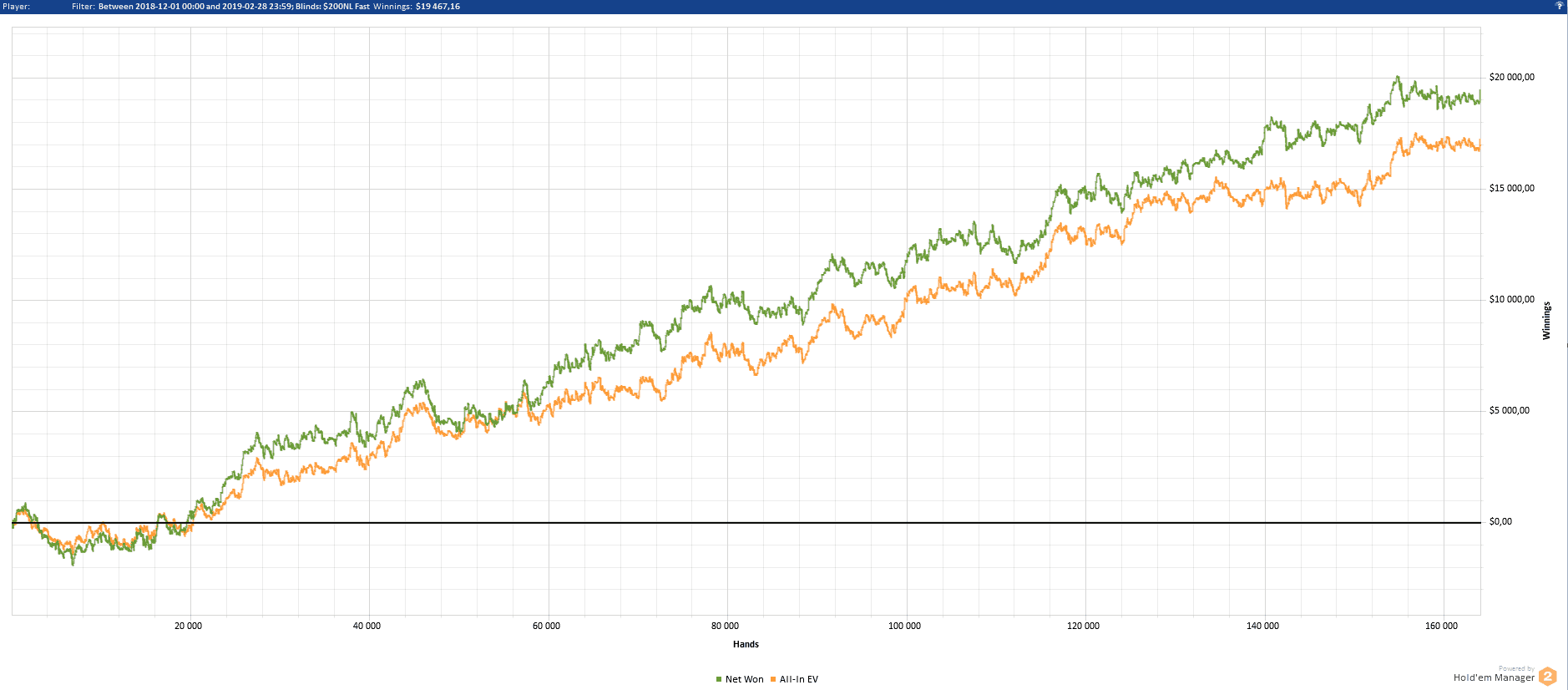

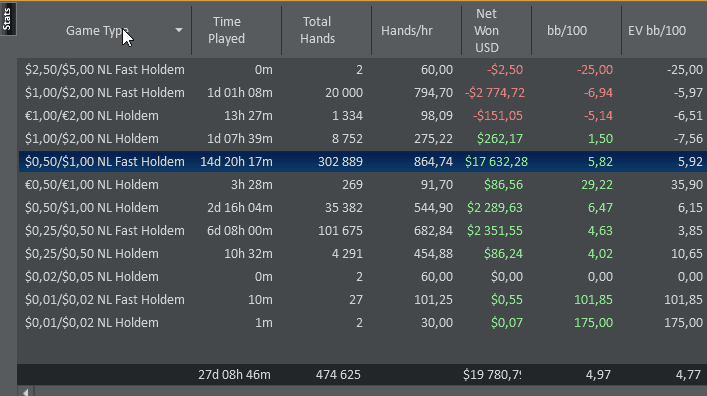
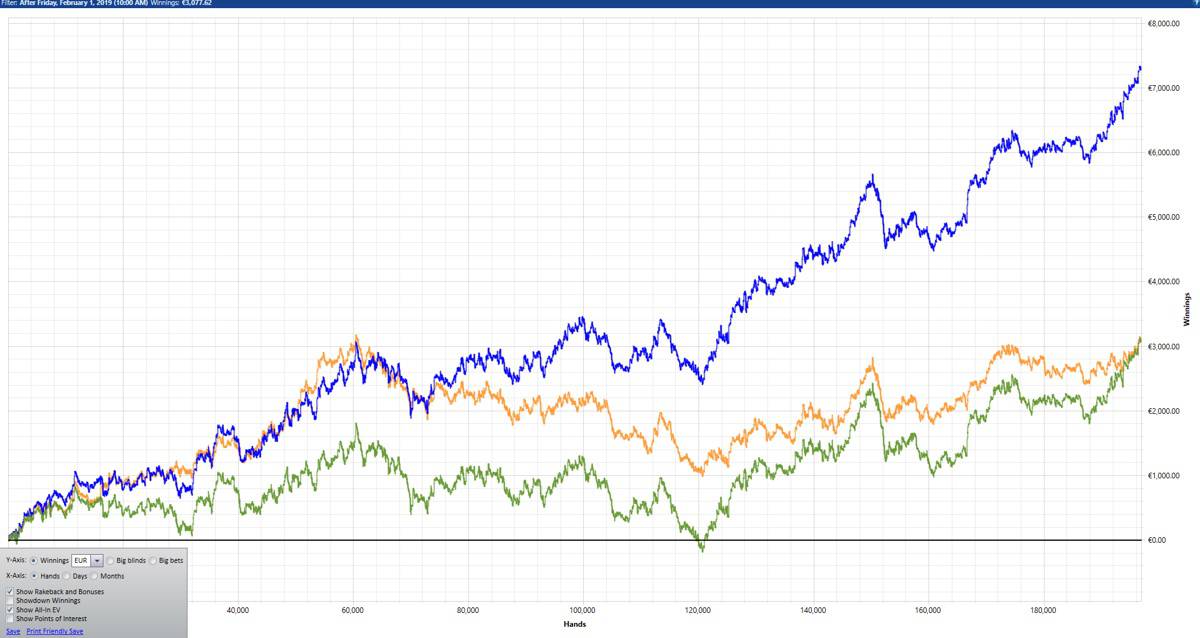
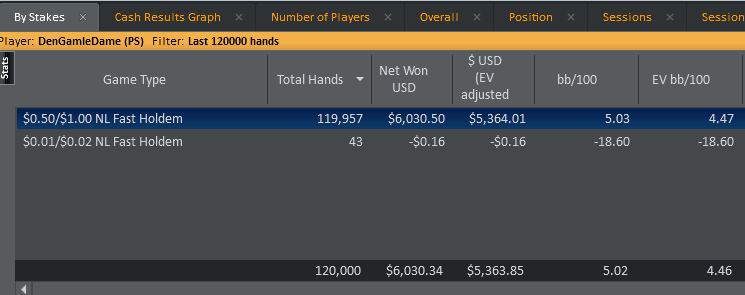

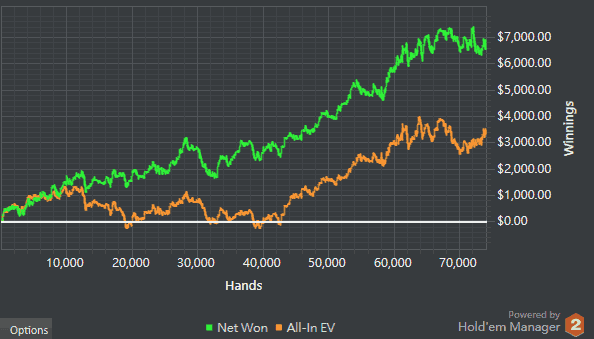
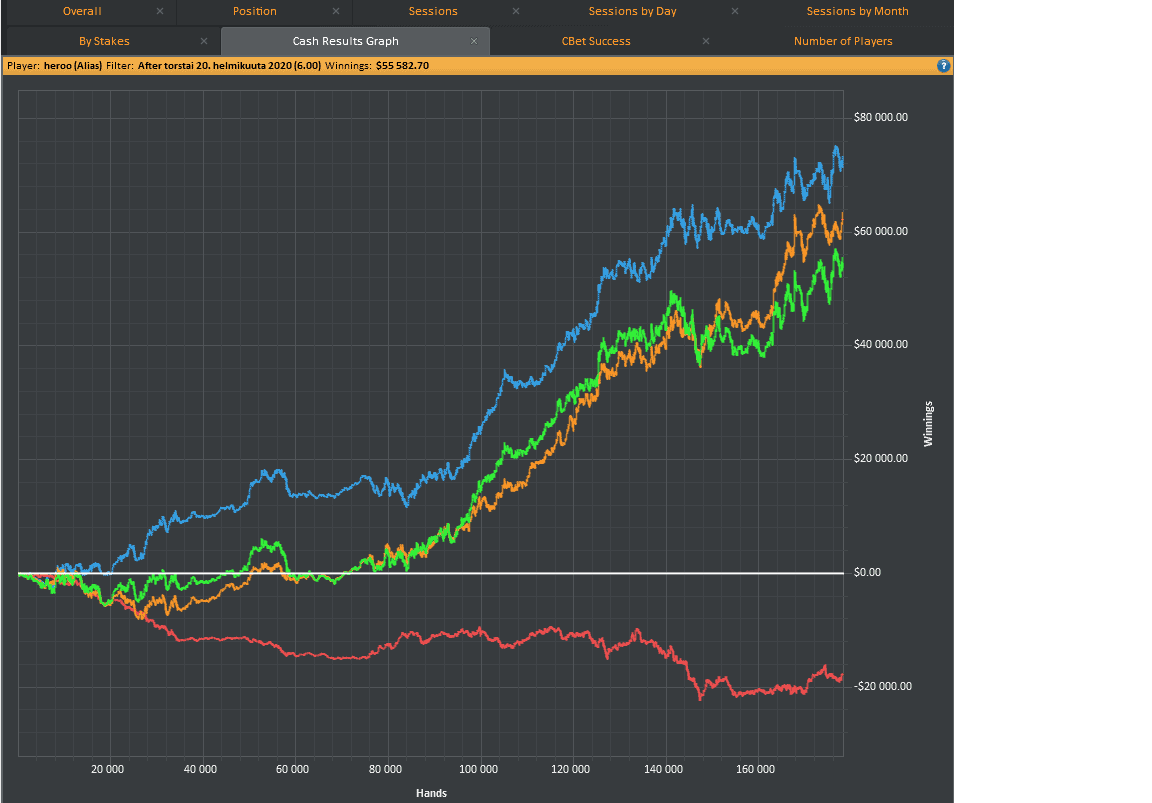

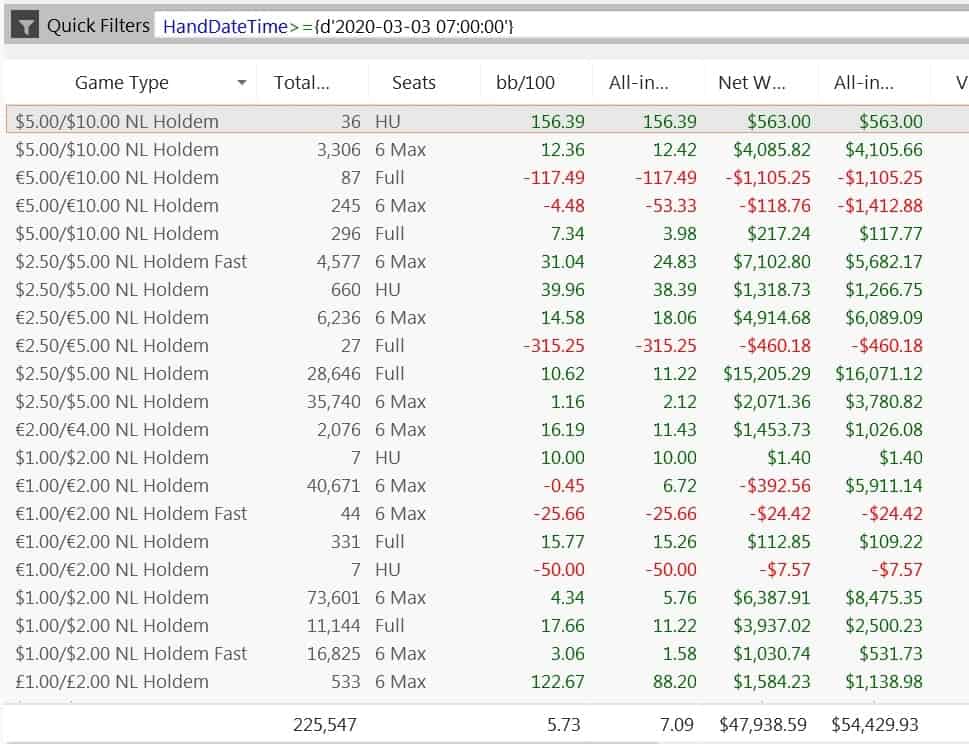
Overcoming the Most Common Mindset Leak in Poker
In this article we’re going to discuss the availability heuristic and loss aversion as they relate to playing poker. These two phenomena form the basis of the most common mindset leak I see when coaching students at any stake level.
First, the availability heuristic. The availability heuristic is a mental shortcut which suggests that the ease with which someone can remember specific examples will colour their perception of probabilities when evaluating a decision. The classic experiment showing this at work asked two groups of separate participants to rate the likelihood of the following two statements:
A major disaster of any kind, occuring anywhere in the US, killing at least 2,000 people
Flood caused by an earthquake in California killing at least 2,000 people
Now clearly, any event which satisfies the conditions of number 2 also satisfies the conditions of number 1 – while number one could also include a number of other major (albeit nondescript) disasters. However people reliably rate option number 2 to be more likely than option number 1 due to the ease with which option number 2 comes to mind. Hearing about a flood caused by an earthquake in California paints a very vivid picture in the mind of the listener – everyone knows that California is at risk of an earthquake, it’s depressingly easy to imagine a resulting flood killing thousands of people. However option number one triggers no particular imagination – the listener is left to fill in too many blanks themselves and therefore will underestimate the relative probability.
Switching gears now, let’s talk about loss aversion. This subject gets much more attention in poker discussions as frequently people struggle to deal with the variance that is inevitable in playing large volumes of poker hands, and therefore tend to subconsciously favour lower variance (read: nitty) lines. The basic idea is that losing hurts more than winning feels good and that your perception is blind to scale: The sting of a loss is not fully compensated by the satisfaction taken in a corresponding win for most people. Studies have consistently shown that people need two to three times as many wins as losses in order to feel mentally okay. For a professional poker player this is a substantial problem as no matter how much you improve your technical skill, protracted periods of losing money are part of the game – not even great online players win more than 60% of days they play.
So how does all this relate to playing poker? Time and time again when evaluating decisions retrospectively, I hear players picturing the worst case scenario. This type of ‘worst-case scenario’ thinking comes in all forms – “This guy… This sizing… This runout… This timing…” etc etc. People find it very, very easy to come up with reasons to take the line they want to take, and often forget what they’ve learned about making good decisions. I believe this tendency is due in no small part to a combination of the availability heuristic and loss aversion.
How many hands can you remember where you 4b QQ and got a fold, taking it down preflop? How much does it stick in your brain when you make a clear valuebet vs a fish and get a fold? How much sleep do you lose when you river a strong hand, call a bet from a regular and see a random blowup bluff?
The truth is that the VAST majority of hands you play hold no special place in your memory, and when you are trying to evaluate the likelihood of different things happening in some marginal situation, these ‘standard’ hands will not be readily available in your mind. Can you guess what will be? Say you’re debating a marginal bluffcatcher on the river vs a shove from an unknown – you need to be good 30% of the time vs his range to call. You search through the mists of your mind for situations like this… what memories do you find? A dispassionate, thorough evaluation of comparable situations vs comparable players and the corresponding results?
Of course not.
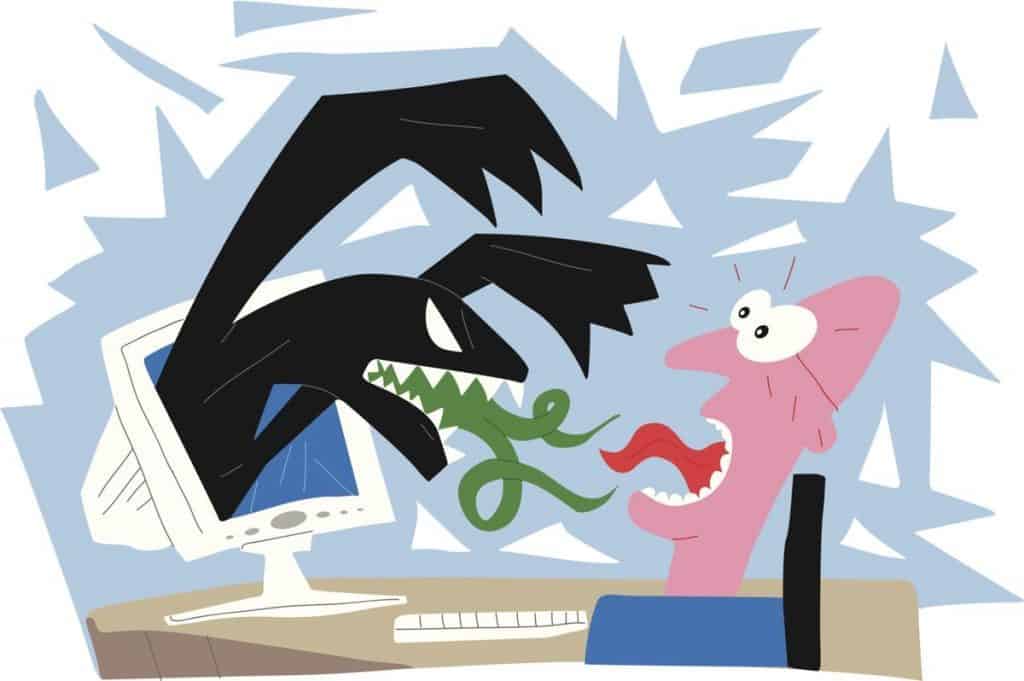
Your mind will deliver the most available memories it has – those most easy to imagine and those associated with more visceral, intense feelings. Simply – those where you lost. That time that guy backdoored a straight, the two times earlier this session where you called down for stacks and were ‘wrong’, that time your study buddies berated you for a similar calldown (where you were also ‘wrong’). Remember – the feelings associated with losing are far stronger than those associated with winning. You think of all the hands you could lose to and the better hands you could sometimes have…. You’ve got to fold something….You’re up for the session and you want to book a win… You know that playing good poker requires discipline… You fold.
Notice what was missing in this ‘decision analysis’? Nowhere did we stop to consider a possibility other than the worst case scenario. What about that time that guy you thought was a reg turned out to be a monster whale? What about that time that unknown arrived at your table and punted off 5 full stacks?
Better yet – what about the combos in his range you beat? How often do you see unknowns give up busted straight draws here? Would you fall out of your chair if he showed you the 52s in this spot? How many bluff combos need to be in his range for your call to be >0EV?
Our emotional brain with it’s biases and emotions has got the better of us in this situation. Rather than focussing on data and reality, we’ve let the availability heuristic deliver us a warped view of the world and let our loss aversion override our capacity for rational thought. I see this all the time, from players of all sorts of experience levels and it’s certainly amongst the most common leaks for micro to smallstakes players.
So, how can we notice and overcome our tendency to be a sucker for these biases? This is a topic for another time, but if you have any ideas or feedback do leave a comment below.
GL out there!
D7
PioSolver Course - Endboss Package
Everything you need to know about PIO-
No Previous Experience/Knowledge Required
-
Learn How to Use The Most Advanced and Powerful Features
-
6h of Material, inc feature guide, HH analysis
PLUS bonus Mental Game Series
Blockers in 20m
Learn when to make the big move-
Learn How Blockers Affect Your Folding, Calling and Bluffing Decisions
-
17 Rapid Fire HH analyses
-
Make Smarter Decisions, Play Better =>
Crush Your Opponents












